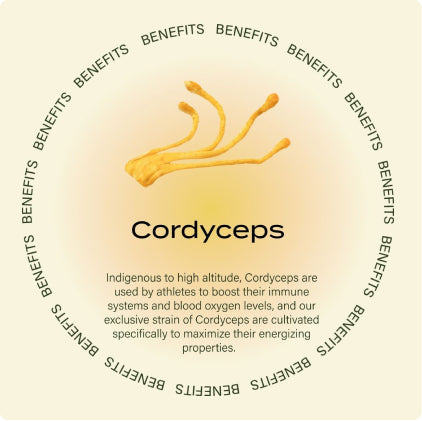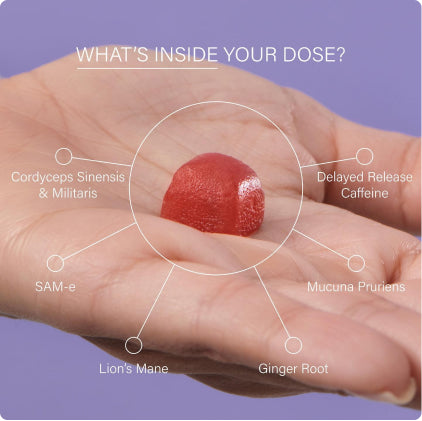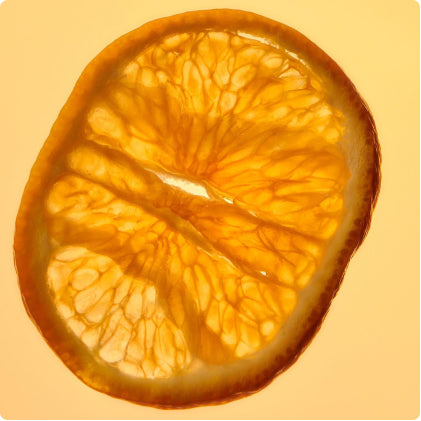What is ADHD?
Attention Deficit Hyperactivity Disorder (ADHD) is a neurodevelopmental disorder that affects about 6% of children and adolescents worldwide. It is characterized by symptoms of inattention, hyperactivity, and impulsivity.
While there are several conventional treatments for ADHD, some people seek alternative therapies to manage the symptoms. One of the supplements that have gained attention for treating ADHD is SAM-e.
Sam-e and ADHD
SAM-e (S-Adenosyl-L-Methionine) is a naturally occurring compound found in every cell in the body that is derived from the amino acid methionine. Methionine is found in protein-rich foods such as meat, fish, and dairy products, and it is converted into SAM-e through a series of enzymatic reactions.
It plays a vital role in the methylation process, a biochemical reaction that helps regulate the expression of genes and neurotransmitters.
SAM-e is involved in the production of neurotransmitters such as dopamine, serotonin, and norepinephrine, which are all associated with mood regulation and cognitive function.
Dopamine plays a critical role in ADHD (Attention Deficit Hyperactivity Disorder) by regulating attention, motivation, and reward-seeking behavior.
Commercially, SAM-e is derived from the fermentation of the amino acid L-methionine with a specific strain of bacteria known as Saccharomyces cerevisiae. This fermentation process yields a highly purified form of SAM-e, which is then used to make dietary supplements.
SAM-e is available as a dietary supplement and is commonly used to treat depression. There is also preliminary evidence that suggests SAM-e may be effective in managing symptoms of ADHD.
Sam-e and ADHD Studies
A study published in the Journal of Child and Adolescent Psychopharmacology in 2013 found that children with ADHD who were given SAM-e for eight weeks showed significant improvement in symptoms of hyperactivity and impulsivity compared to those who received a placebo.
The study also reported that SAM-e was well-tolerated and did not cause any serious side effects.
Another study published in the Journal of Psychiatric Research in 2017 found that SAM-e may improve cognitive function in adults with ADHD.
The study participants who received SAM-e showed significant improvement in working memory, sustained attention, and executive function compared to those who received a placebo.
Caveats
Further research is needed to confirm the effectiveness of SAM-e for treating ADHD.
It is also important to note that SAM-e may interact with certain medications, such as antidepressants.
Currently, several clinical trials are being conducted to evaluate the effectiveness of SAM-e in managing symptoms of ADHD. One such trial is a randomized, double-blind, placebo-controlled study that aims to evaluate the safety and efficacy of SAM-e in children with ADHD. The study is expected to be completed in 2023.
Final Thoughts
In conclusion, while SAM-e may hold promise as a treatment for ADHD, more research is needed to confirm its effectiveness and safety.
As with any supplement or medication, it is important to do your own research, consult with a healthcare practitioner, and closely monitor your symptoms and any potential side effects.
While SAM-e is a natural compound, the manufacturing process for supplements can vary, and the quality of the product may differ between brands.
Are you looking for a supplements that Sam-e? Check out Mojo.
Table of contents









